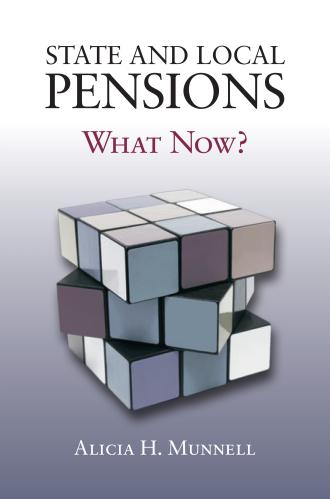In the wake of the Great Recession, low- and moderate-income (LMI) households continue to face significant obstacles that prevent them from developing healthy
balance sheets. One proposed step toward enabling
financial health in these households is to encourage
saving at tax time,
when tax refunds bring many LMI
households the year’s largest influx of cash. However,
high debt may prevent many of these households from
saving at tax time. This brief summarizes findings on
household debt and saving from the Refund to Savings
(R2S) Initiative, which provides detailed information on
the financial lives of LMI households.
Background
The R2S Initiative seeks to enhance saving at tax
time. As described in detail in the 2013 final report,
R2S is an ongoing collaboration among Washington
University in St. Louis, Duke University, and Intuit, Inc.,
the makers of TurboTax. Users of TurboTax Freedom
Edition participated in a randomized controlled trial
testing the effect of behavioral interventions on savings
decisions. The experiment was embedded in the tax-filing software experience. After finishing the TurboTax
portion of the initiative, participants were invited to complete the Household Financial Survey (HFS). They
completed the first wave of the HFS at the time of tax
filing and the second wave 6 months later.
With two waves of survey data from 8,484 LMI
households, the 2013 R2S Initiative provides insights
into the burden of debt owed by LMI Americans. The
average age of survey respondents was approximately
35 years, the average adjusted gross income among
respondents’ households was $17,520, and the average
federal refund was $2,179. Sixty-one percent of HFS
respondents were female, 64% were single, 43% were
college educated, and 20% were non-White. A third of
respondents’ households included dependent children.
Using data from the 2013 R2S, this brief reviews the
results of an analysis of debt. It also reviews findings
on the relationship between financial hardship and
saving behavior in the financial lives of the 2013 R2S
sample. This work is motivated by the assumption that
some households may postpone saving in order to pay
down debt. Indeed, the growth of household debt has
caught the attention of researchers and policymakers
in recent years.
Analyses from the 2013 R2S Household
Financial Survey (HFS) showed that, within 6 months of
filing their taxes, LMI participants used 43% of their tax refund to pay down debt and set aside 14% of it for
savings.
Evidence from an ethnographic study of
Earned Income Tax Credit recipients confirms that
many expend a sizable share of their refunds to
pay down debt but that some also save a portion or
make investments (e.g., in education) intended to
enhance their chances of upward mobility.
The Brookings Institution is committed to quality, independence, and impact.
We are supported by a diverse array of funders. In line with our values and policies, each Brookings publication represents the sole views of its author(s).



